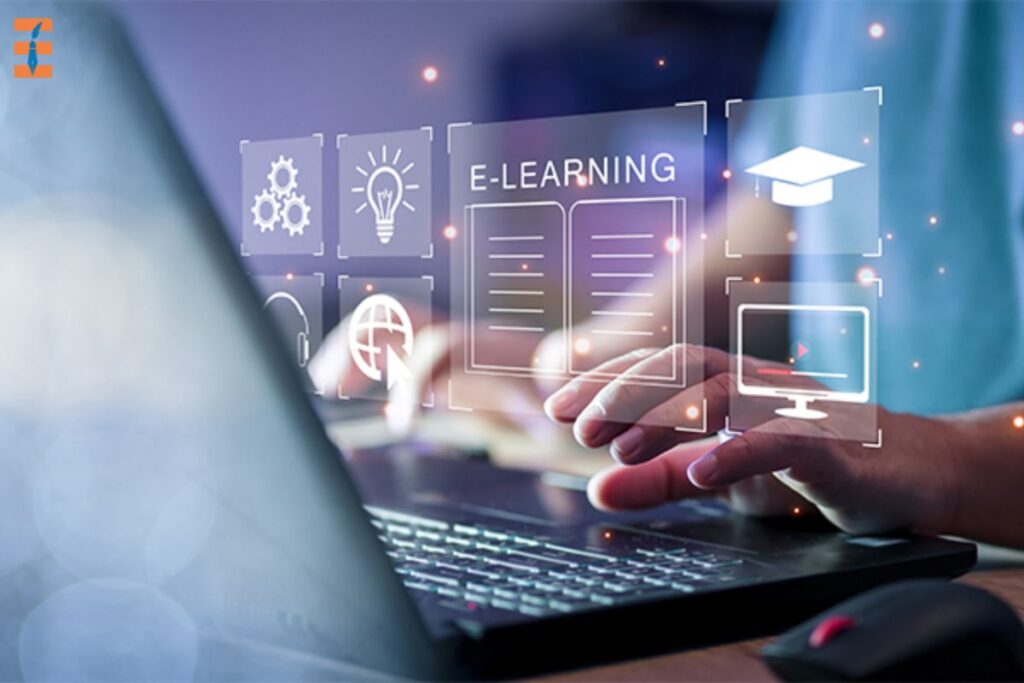Source — admissions.usf.edu
Technology’s Transformative Influence on Education
The advent of the fourth industrial revolution marks a significant shift in how technology influences our lives and society. As the renowned thinker Robert Winthrop White noted, “Technology shapes society and society shapes technology.” This evolving relationship between technology and society is particularly evident in education, where traditional methods of teaching and learning have been dramatically transformed. This transformation is fundamentally reshaping the future of education. The integration of technology in education has introduced a variety of tools and resources, from interactive multimedia and online learning platforms to cutting-edge artificial intelligence (AI).
These innovations have democratized access to education, making it possible for learners to engage with content in new and dynamic ways. AI, for instance, has revolutionized how we access information, with online platforms providing instant access to a wealth of knowledge. The result is a more engaging and personalized learning experience that includes multimedia resources, virtual reality (VR), augmented reality (AR), and educational apps, all contributing to more interactive and creative classroom environments.
The Rise of E-Learning and Personalized Education
One of the most notable changes in modern education is the rise of e-learning platforms, which have surged in popularity, especially following the COVID-19 pandemic. E-learning offers significant advantages, including the reduction of carbon emissions and energy consumption, which is beneficial for the environment. Studies suggest that e-learning can decrease carbon dioxide emissions by over 85% and cut energy consumption by about 90% compared to traditional methods.
Additionally, e-learning can reduce the time needed for students to grasp new material by 25% to 60%, making it a more efficient option. The internet has become a powerful tool, providing almost limitless access to information and enabling personalized learning experiences. With the ability to tailor education to individual needs and learning styles, students can progress at their own pace and explore subjects that interest them. This approach fosters self-discovery and allows for a more customized educational journey.
Challenges and the Future of Education
Despite its numerous benefits, the integration of technology in education also presents challenges. The digital divide remains a significant issue, with unequal access to technology creating disparities among students. Furthermore, the misuse of technology by students and the increasing threat of cybercrime pose additional concerns. Addressing these issues is crucial to ensuring that technology enhances rather than hinders the learning experience.
The recent UNESCO OER Dynamic Coalition Webinar highlighted the need for effective utilization of emerging technologies like AI and blockchain to advance educational goals. Experts emphasized that the focus should not be on whether to embrace these technologies, but on how to leverage them to enhance education. As Anthony Fischer Camilleri of the Knowledge Innovation Center noted, the future of education lies in effectively pairing technological advancements with human cognitive and emotional capacities. Technology should be viewed as a tool to enrich the educational landscape, not as a replacement for traditional teaching methods. By embracing technology responsibly and addressing its challenges, we can ensure that it serves as a valuable asset in the quest for knowledge and educational equity.
Also Read: The Future of Education: Transformative Trends for the Next Decade

